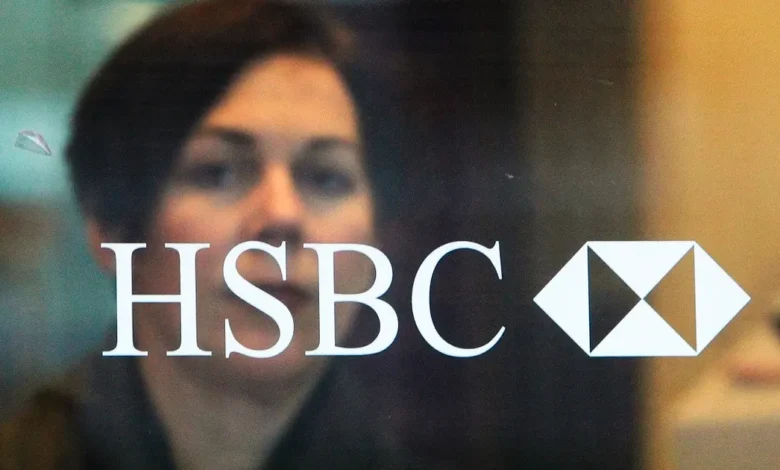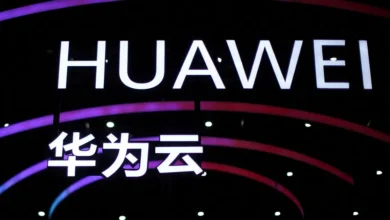HSBC takes on Revolut, Wise with global rollout of new forex app for non-customers

HSBC Holdings Plc is set to debut an international payments app aimed at directly challenging the dominance of fintechs like Revolut and Wise Plc that have gathered tens of millions of retail customers by offering cheap foreign exchange.
Zing will initially be offered in the UK, but Europe’s largest bank is planning to roll out the service in other places in the coming months as it looks to grab a share of the fast-growing market servicing affluent consumers.
The app will be available on Apple Inc.’s Appstore and Alphabet Inc.’s Google Play platform within days and will be open to non-HSBC customers as the bank prepares to “attack the worldwide retail payments market,” according to Nuno Matos, chief executive officer of the lender’s global wealth and personal banking business. Matos said it would take about three minutes for a new user to sign up.
“Zing has a global ambition,” Matos said in an interview. “We want to establish ourselves as a global platform for international payments, which ties perfectly with our international payments strategy for HSBC and you should see us very soon in Asia, in the Middle East and in EU markets.”
The move shows how some global financial giants are seeking to compete against a slew of startups that have rapidly expanded over the past decade by offering services ranging from cross-border payments to savings accounts and investing products on mobile devices.
Shares of Wise slumped as much as 7.6 percent on Tuesday, their biggest intraday drop since April. The stock, which got listed in 2021, surged more than 50 percent last year. Revolut, with over 26 million users, expects 2023 revenue to jump almost 70 percent to $2 billion.
HSBC already has a product called Global Money that offers existing customers fee-free, currency service. Since its debut in 2020, the service has attracted hundreds of thousands of customers and processed transactions worth about $11 billion in 2022.
Matos expects Zing will attract users who might then consider do-ing more of their banking with HSBC as part of a drive that started last year to become the leading financial institution for internationally mobile customers.
“It’s a bold move for us,” said Matos. “This is HSBC playing outside of its traditional perimeter of customers, and really attacking, if you want, of taking advantage of a contingent, which is big, is growing, looks like us, and it’s here for us.”










